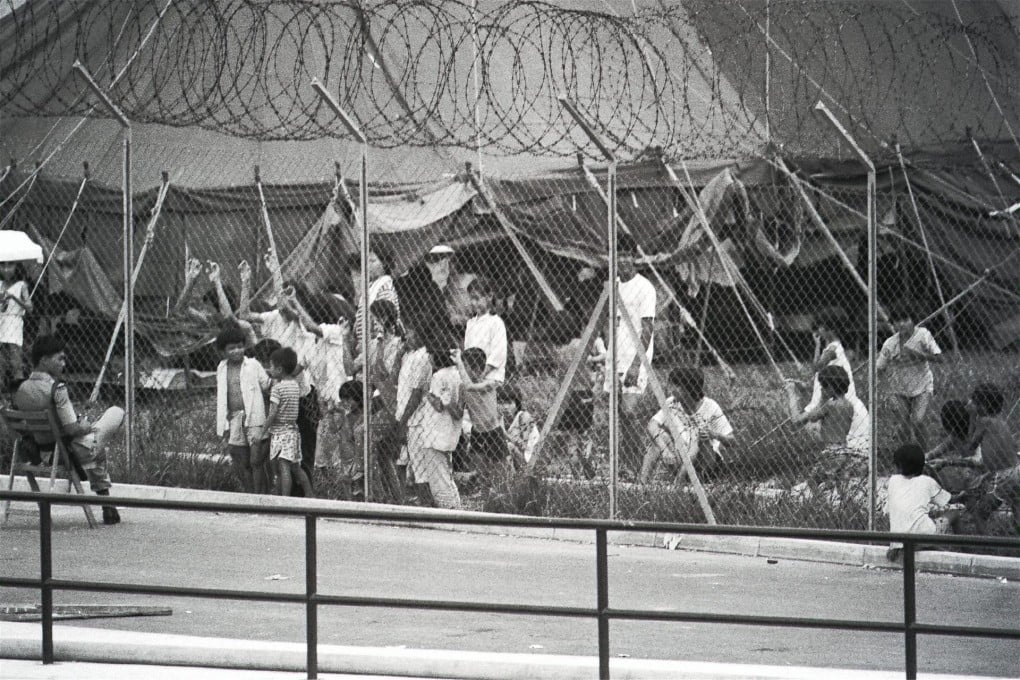How Europe can learn from the hard lessons of Hong Kong's Vietnamese refugee crisis
The first Vietnamese boat people arrived after Saigon fell in 1975; critics say the experience still influences local policy towards refugees today

Europe's unfolding refugee crisis which has seen waves of dispossessed humanity arrive on the continent's shores in makeshift boats - with drenched clothes and a sense of hope their only possessions - will evoke vivid memories for many here.
Almost four decades ago, the city - at the time a British colony - became a destination of first choice for tens of thousands of people fleeing Vietnam after 20 years of war ended in 1975 with the fall of Saigon and a communist victory over the US.
More than 230,000 "Vietnamese boat people" - as they came to be collectively known - arrived in Hong Kong and were held in a series of camps across the city. Hundreds of thousands more ended up as refugees in Indonesia, Malaysia, the Philippines, Singapore and Thailand.
The first group arrived in Hong Kong in May 1975, and that initial influx - numbering 3,743 - was resettled overseas a year later. However, those who were to come later faced a much less fortunate fate.
Fifteen years ago - on June 21, 2000 - the last camp closed its gates, ending a turbulent three-decade period which left a legacy the city has not yet fully addressed and which had a powerful influence on how the city perceives and treats refugees.
Back then Hong Kong had to grapple with the same dilemmas Europe is experiencing today. Former colonial government Security Bureau official Clinton Leeks, who was in charge of detention policy, legislation and camps between 1980 and 1985 and then served as refugee coordinator between 1990 and 1992 - reflects now that not much could have been done differently.